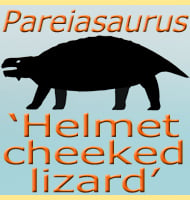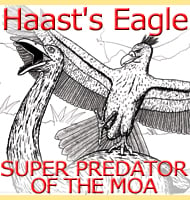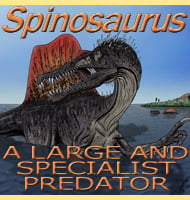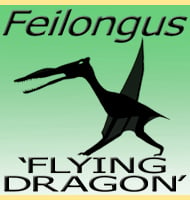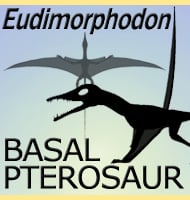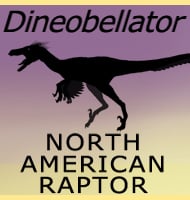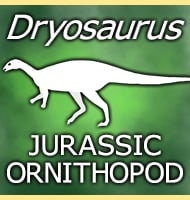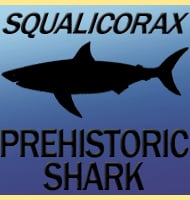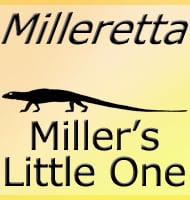In Depth
Moschorhinus is an interesting genus of therocephalian therapsid as the genus developed cranial features that were very similar to gorgonopsid therapsids, even though it was not a direct relative of them. Like the gorgonopsids, Moschorhinus was a key predator of the time, hunting medium to large herbivorous animals. The main killing weapons used by Moschorhinus would have been the two enlarged canine teeth in the upper jaw that pointed down similar to the sabre-teeth of sabre-toothed cats some two hundred and fifty million years later.
Moschorhinus fossils are so far known from the end of the Permian and the early Triassic, showing us that the Moschorhinus genus lived through the Permian/Triassic Extinction event, the most devastating extinction event to ever hit the planet. However while we know that as a genus Moschorhinus survived this event, we also know that the genus had to adapt to do so. We know this because the skulls of Moschorhinus that lived after the extinction event are approximately 14% smaller than Moschorhinus that lived in the Permian before the extinction event. This tells us that with reduced numbers of plant eating animals to hunt, Moschorhinus grew smaller so that it would not have to eat so much in order to survive. This reducing in size is what naturalists refer to as the ‘lilliput effect’.
Further Reading
– On Some New Therocephalian Reptiles from the Karroo Beds of South Africa. – Proceedings of the Zoological Society of London: 351–354. – R. Broom – 1920. – A revised descripction of the skull of Moschorhinus (therapsida, therocephalia). – Annals of the South African Museum. 99: 381–413. – J. F. Durand – 1991. - Body size and growth patterns in the therocephalian Moschorhinus kitchingi (Therapsida: Eutheriodontia) before and after the end-Permian extinction in South Africa. - Paleobiology - Adam K. Huttenlocker & Jennifer Botha-Brink - 2013.

